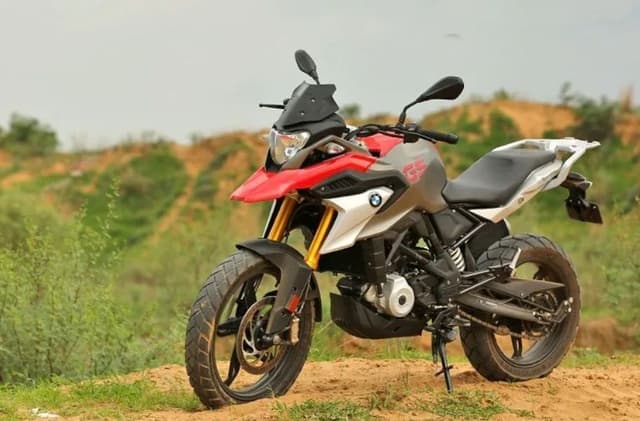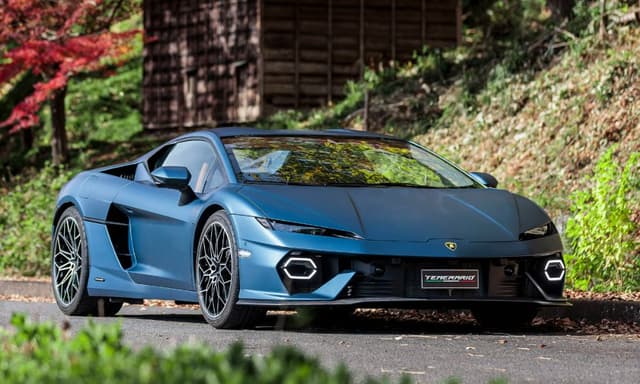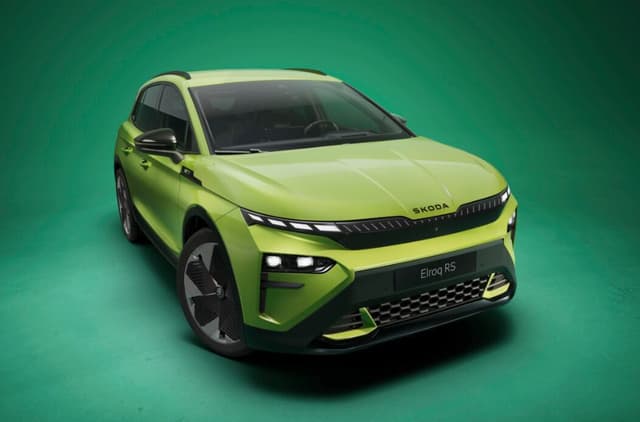400 Electric Vehicles Charging Station Planned For Europe By 2020

Highlights
- IONITY plans to open 20 stations for public this year
- These stations will open in Germany, Norway and Austria
- IONITY is a JV between BMW, Daimler, Ford & Volkswagen
A group of mainly German carmakers will open ultra-fast electric vehicle charging stations this year and plans a pan-European network of 400 by 2020, hoping to narrow Tesla's lead. News about the initiative, first flagged a year ago, had been long anticipated as governments push for improvements in infrastructure that would encourage drivers to switch to electric cars. IONITY, a joint venture of BMW AG, Daimler AG, Ford Motor Co and Volkswagen with its Audi and Porsche brands, plans to open 20 stations to the public this year in Germany, Norway and Austria. They will be 120 km apart and run in partnership with Tank & Rast, Circle K and OMV.
Also Read: Indian Government Agency To Install 150 Electric Car Charging Stations
"The first pan-European HPC network plays an essential role in establishing a market for electric vehicles," IONITY's CEO Michael Hajesch said on Friday. He added that the fast-charging stations would also offer digital-payment capability.
IONITY is still in talks with charging station suppliers and a decision is expected soon, a spokeswoman said, declining to say how much the joint venture would invest.
Installing thousands of High-Power Charging (HPC) stations across the globe will require billions of dollars in investment and offer an opportunity to manufacturers. The car consortium's new fast chargers will cost about 200,000 euros ($233,000) each, sources said previously.
Companies ranging from engineering conglomerates such as Siemens to small specialists like ChargePoint are all hoping for a slice of the pie.
Also Read: World's Longest Sea Bridge To Have Electric Vehicle Charging Stations
IONITY will expand its network to 100 stations in 2018, each one enabling several drivers of different car brands to charge their vehicles at the same time.
Anxiety over whether battery-powered cars have the range to reach their destination is inhibiting some drivers from switching from petrol or diesel models.
But with U.S. all-electric challenger Tesla stealing a lead, established brands are teaming up to ensure that electric vehicles (EVs) can get quickly back on the road.
Each charging point will have a capacity of 350 kW, and will use an existing European standard, the Combined Charging System, to reduce charging times compared to existing systems.
A half-hour charge will give a Tesla driver about 270 km in extra driving range - roughly half the time it would take to get a similar boost at a 50 kW charge point that is now the industry standard.
(Reporting by Ilona Wissenbach, Douglas Busvine and Christoph Steitz; Editing by Susan Fenton and Alexander Smith)
(This story has not been edited by NDTV staff and is auto-generated from a syndicated feed.)
Latest News
- Home
- News
- Electric Mobility
- 400 Electric Vehicles Charging Station Planned For Europe By 2020














